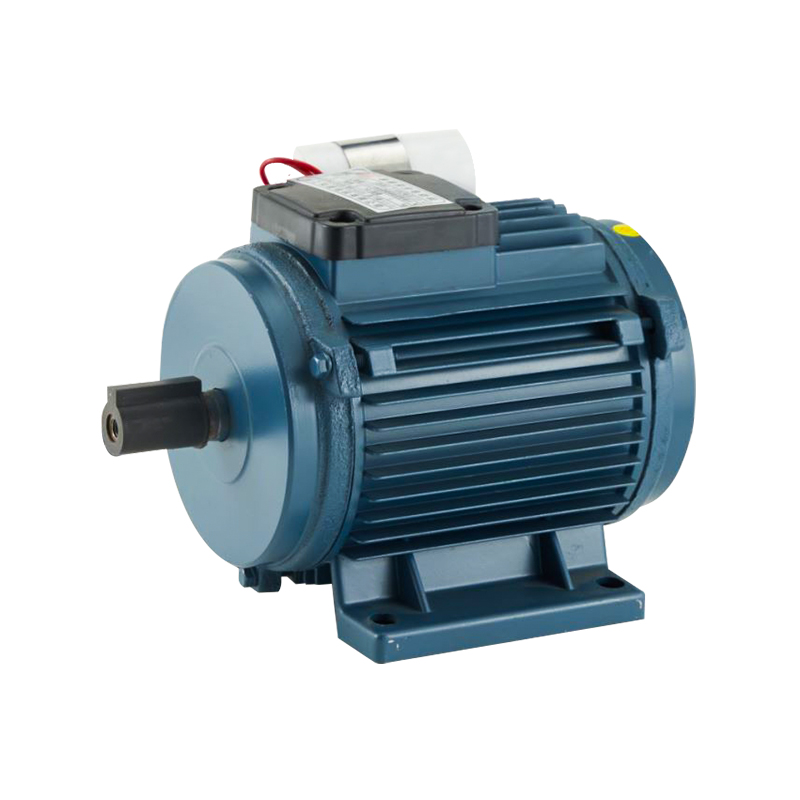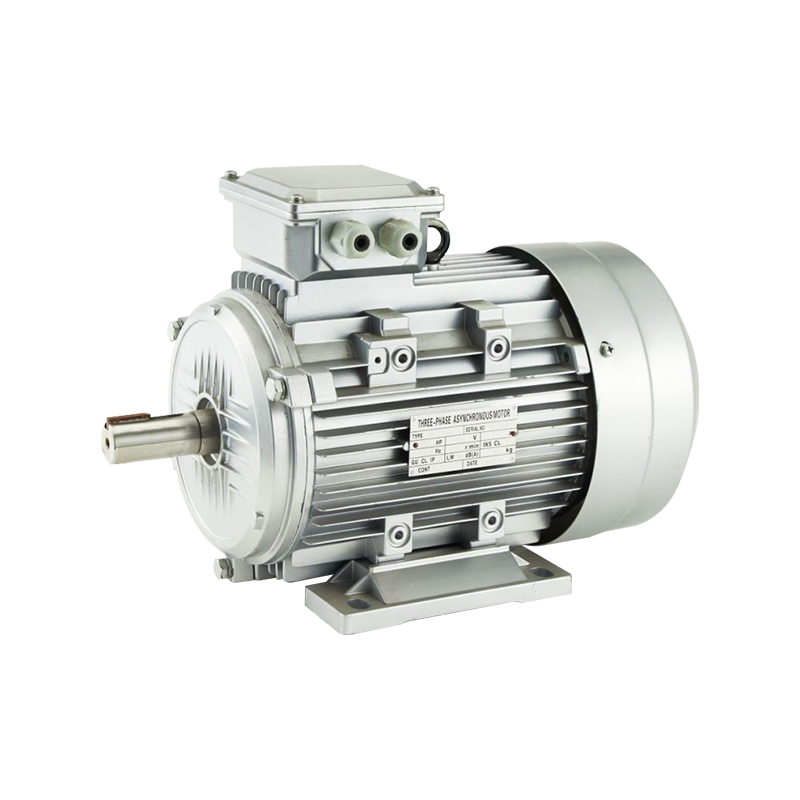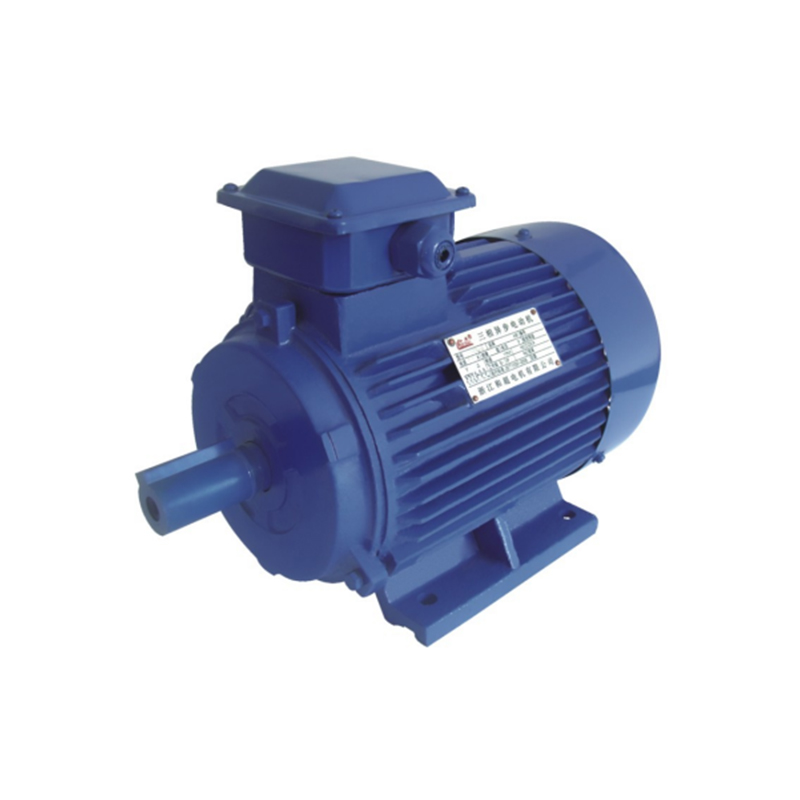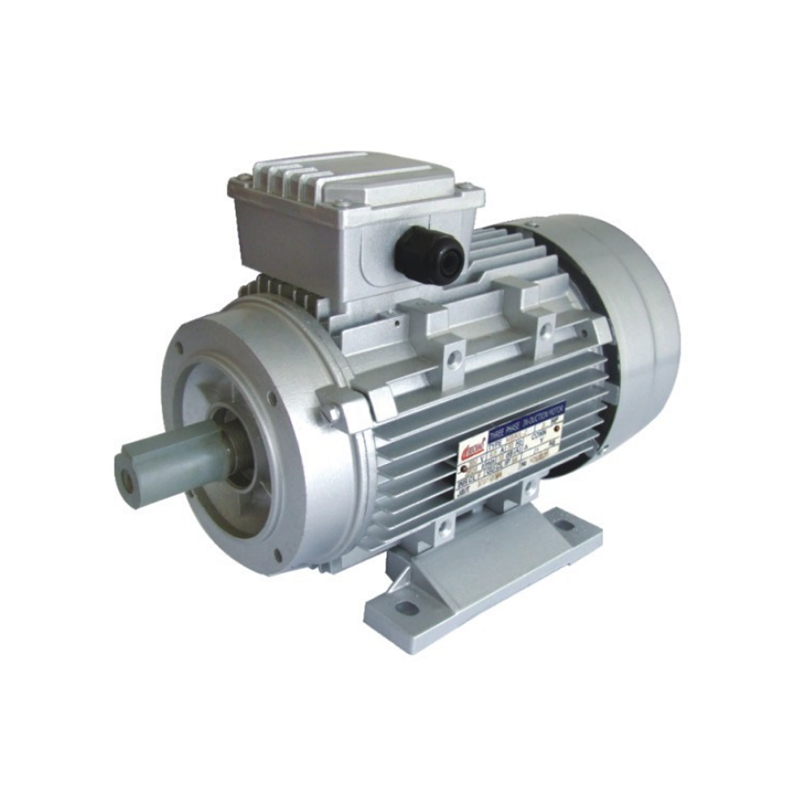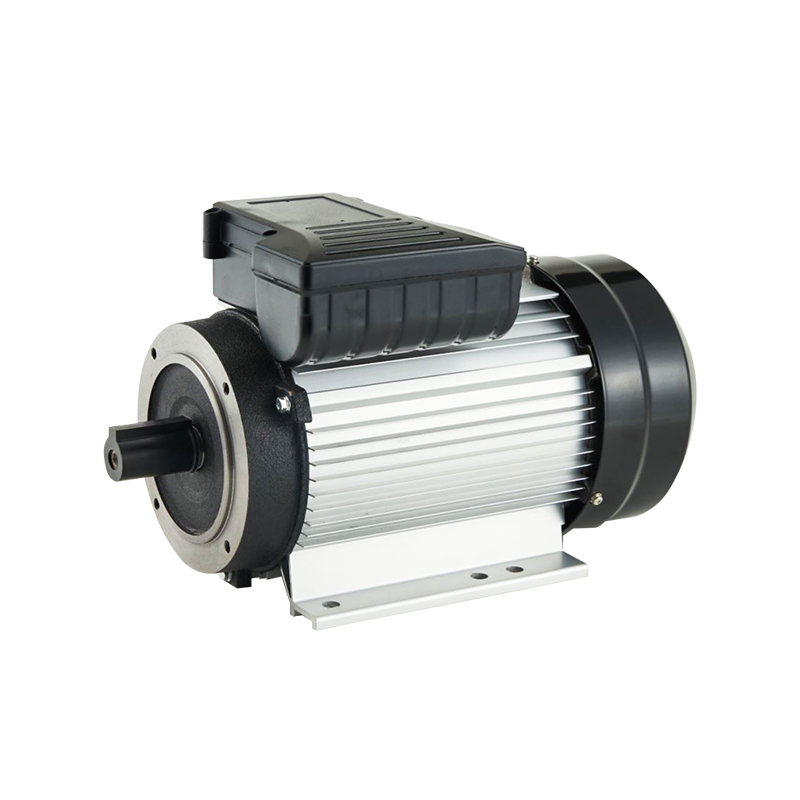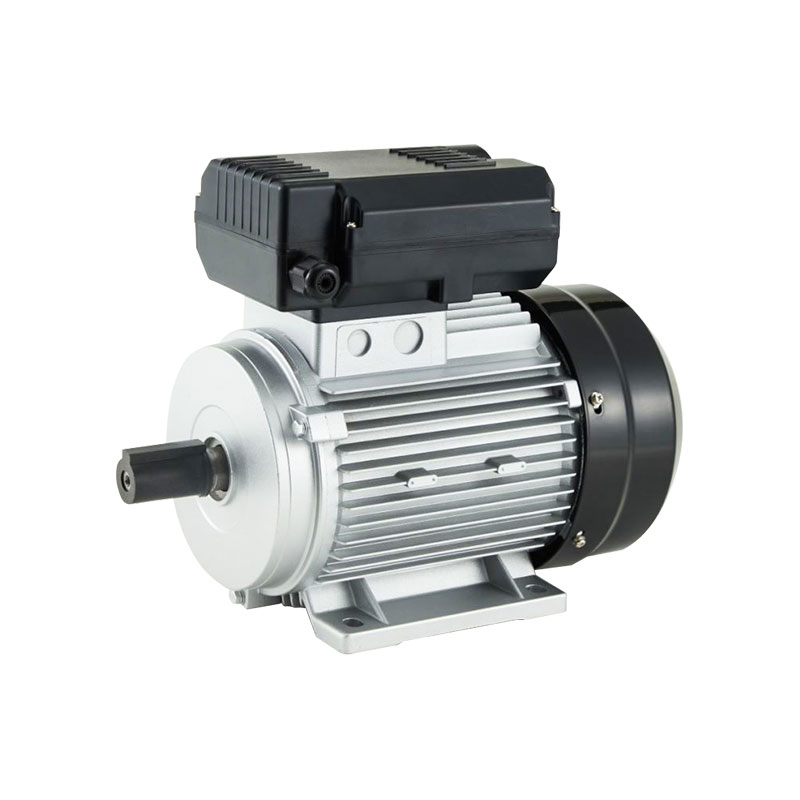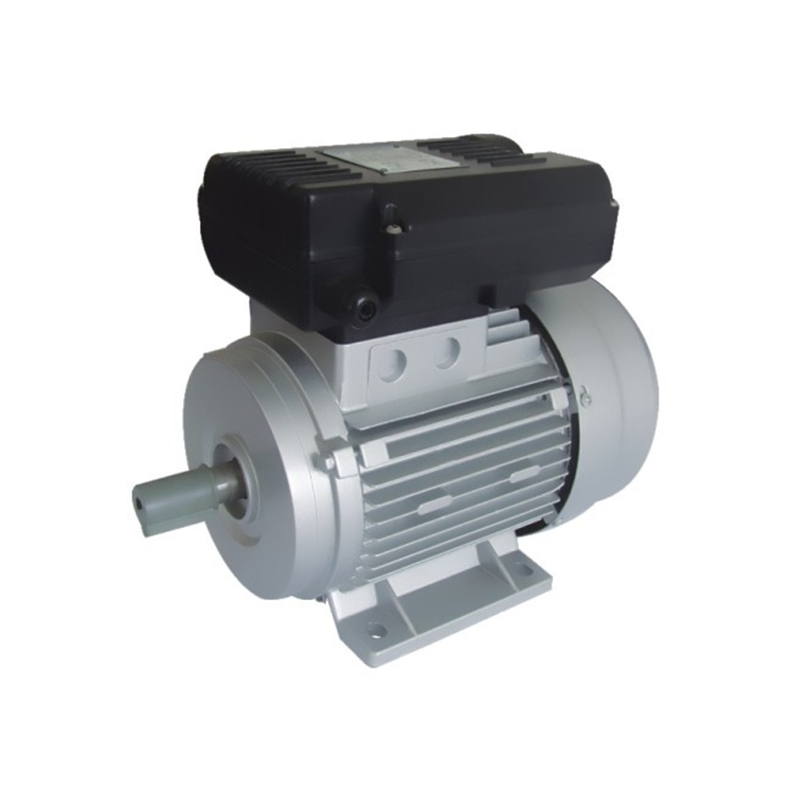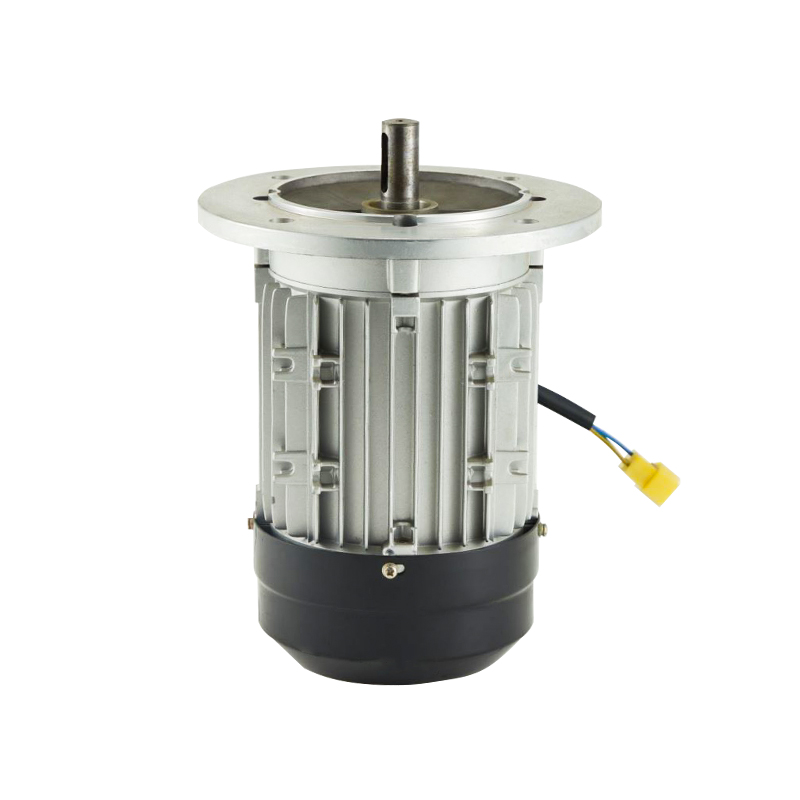In today’s industrial landscape, alternating current motors continue to serve as essential drivers for machinery across manufacturing plants worldwide. Alongside them, direct current motors provide complementary functions where precise control is required. As industries face increasing pressure to reduce energy consumption and environmental impact, energy-efficient AC motors are becoming a central focus in sustainable manufacturing strategies.
The Role of AC Motors in Manufacturing Energy Use
Manufacturing facilities often run multiple AC motors simultaneously, powering everything from conveyor belts to cooling systems. These motors can account for a large percentage of total electricity consumption in a plant. Therefore, improving AC motor efficiency has a direct and significant effect on reducing operational costs and environmental footprint.
While DC motors have niche uses, especially in processes needing precise speed control, the bulk of industrial mechanical power demand is met by AC motors. Increasing the efficiency of these motors is thus an advanced priority for manufacturers aiming to improve sustainability.
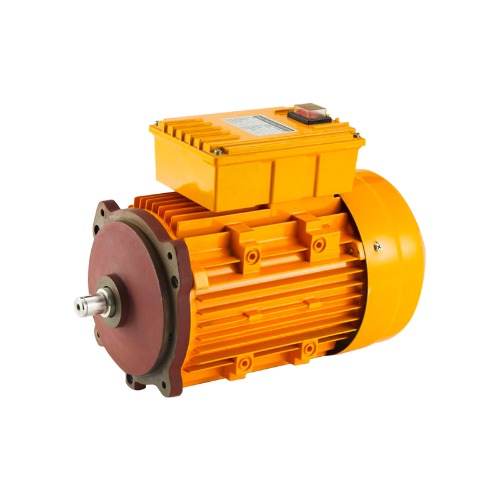
Technologies Driving Energy Efficiency in AC Motors
Several technological advancements contribute to the enhanced energy efficiency of AC motors today:
Variable Frequency Drives (VFDs)
One of the impactful technologies is the integration of VFDs, which allow precise speed control by varying the motor’s input frequency. This capability leads to:
Energy savings during partial load operation
Reduced mechanical stress and longer equipment life
Improved process control and flexibility
Advanced Motor Designs
Improvements in motor design, such as optimized rotor and stator geometries, reduce losses and improve power factor. Combined with better manufacturing precision, these enhancements yield more efficient motors.
Use of High-Quality Materials
High-grade electrical steel and advanced copper windings reduce core and winding losses, further boosting overall motor efficiency.
Benefits of Energy-Efficient AC Motors for Manufacturers
Switching to energy-efficient AC motors offers multiple advantages beyond energy savings:
Lower Operating Costs: Reduced energy bills translate directly to improved profitability.
Extended Equipment Lifespan: Efficient motors generate less heat, decreasing wear and maintenance frequency.
Compliance and Incentives: Many governments offer incentives for adopting energy-efficient technologies, helping offset upfront costs.
Environmental Impact Reduction: Lower energy consumption means decreased greenhouse gas emissions, aligning with corporate social responsibility goals.
Industry Case Examples
Numerous manufacturers have successfully implemented energy-efficient AC motors combined with VFDs, reporting energy savings of 20-30% in motor-driven processes. These savings often pay back the investment in new motors and drives within a few years.
Additionally, industries such as food processing, textiles, and chemicals have leveraged these technologies to enhance process control, resulting in improved product quality alongside sustainability gains.
How to Select Energy-Efficient AC Motors
For procurement teams, choosing the right energy-efficient motor involves:
Checking Efficiency Ratings: Look for motors rated IE3 or above according to international standards.
Considering Application Needs: Match motor specifications to load requirements to avoid oversizing.
Evaluating Integration Options: Ensure compatibility with existing control systems and drives.
Reviewing Manufacturer Certifications: Confirm adherence to quality and environmental standards.
Energy-efficient alternating current motors are pivotal in driving sustainable manufacturing forward. By adopting advanced motor designs, integrating variable frequency drives, and utilizing high-quality materials, industries can significantly reduce energy consumption and operational costs.
Now that you understand the benefits and technologies behind energy-efficient AC motors, you can make more informed decisions to support your organization’s sustainability journey. For tailored motor solutions or further guidance, collaborating with experienced motor manufacturers can provide valuable insights.

